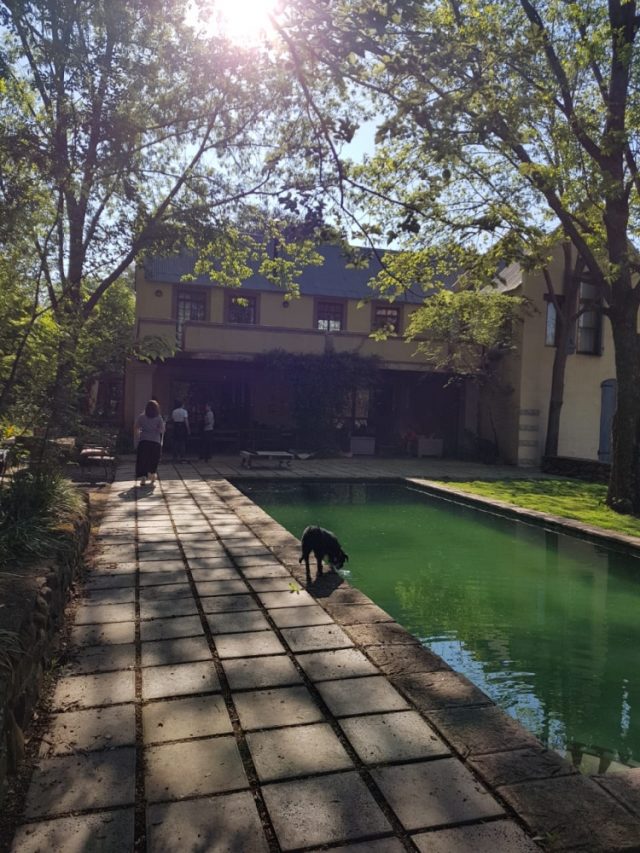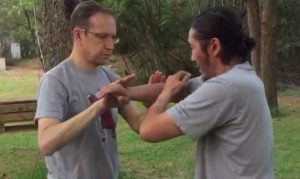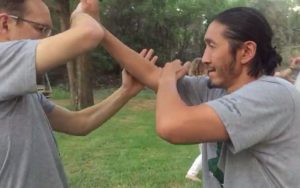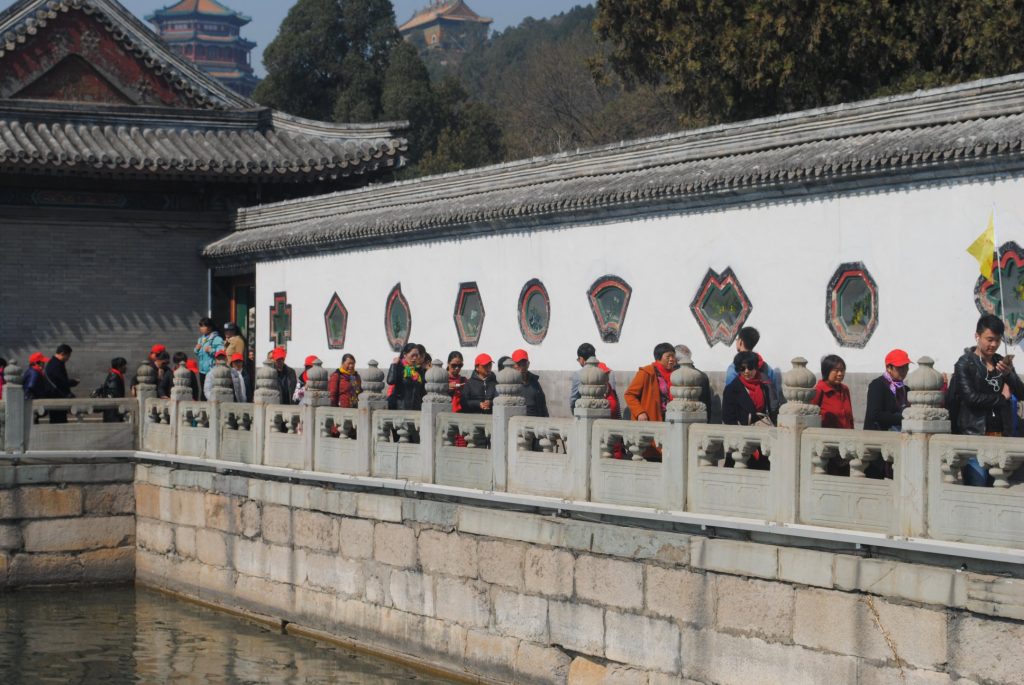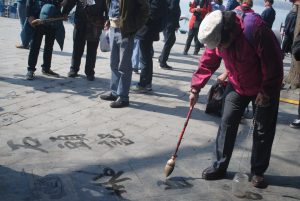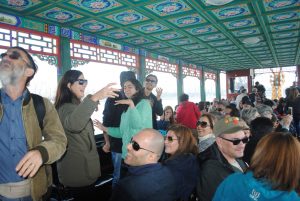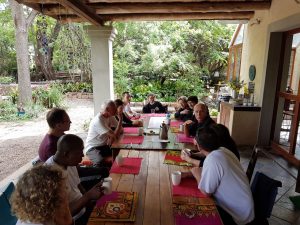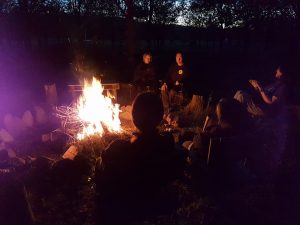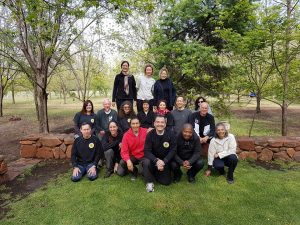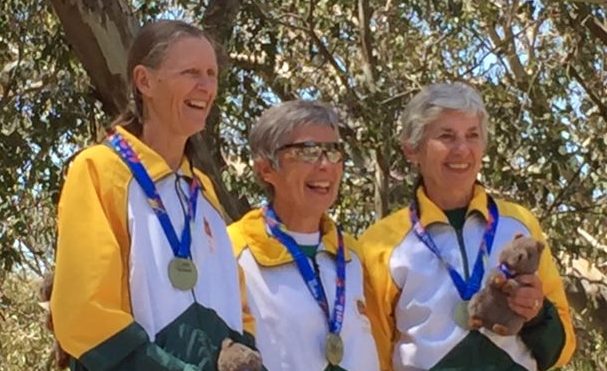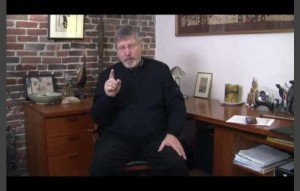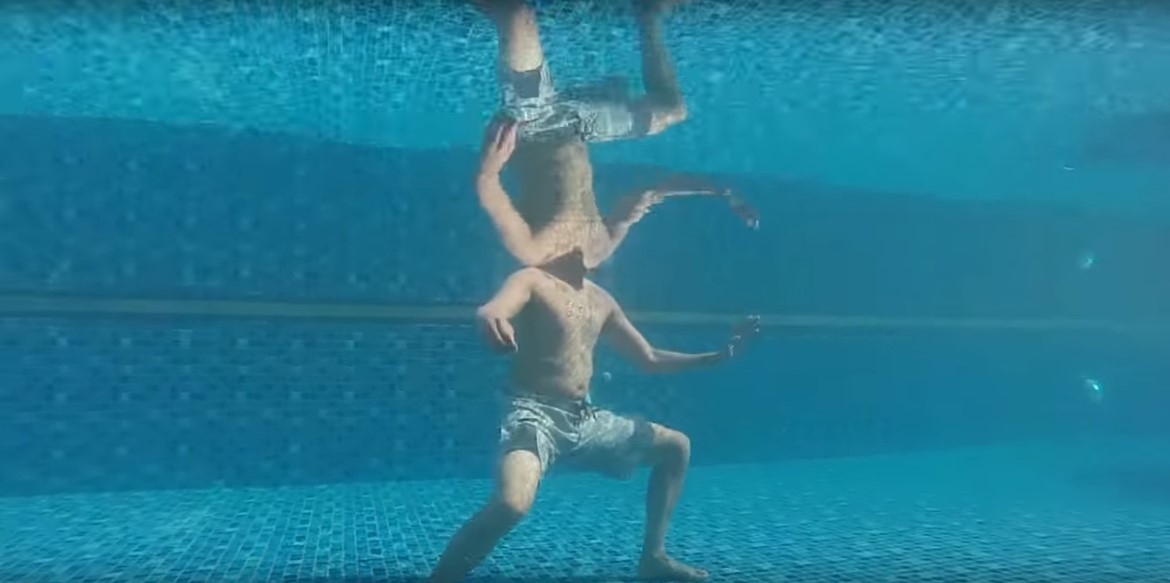Tips on basic stances in taiji
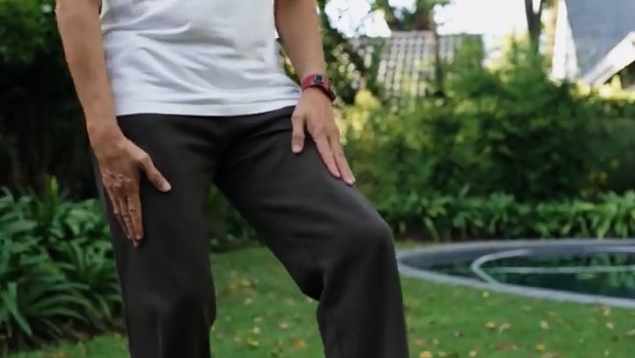
Sifu Leo Ming shares some of the common mistakes in tai chi stances and his tips to correct them.
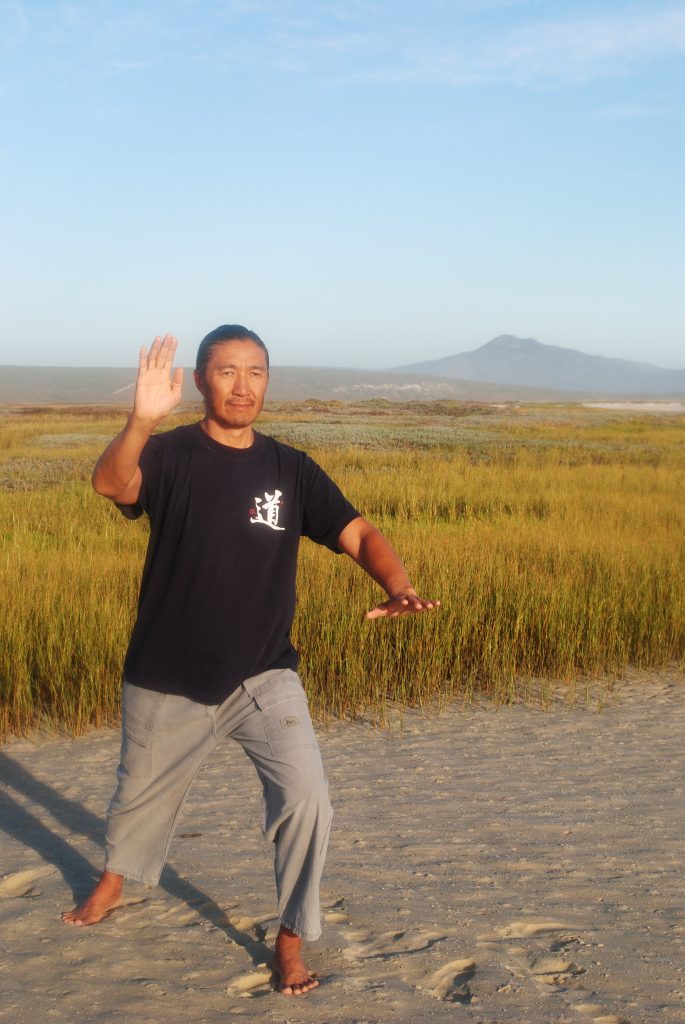
For more information on online Tai Chi Classes broadcast from Johannesburg during lockdown, contact Sifu Leo Ming on 0833780468.
Sifu Leo Ming shares some of the common mistakes in tai chi stances and his tips to correct them. For more information on online Tai Chi Classes broadcast from Johannesburg during lockdown, contact Sifu Leo Ming on 0833780468.
